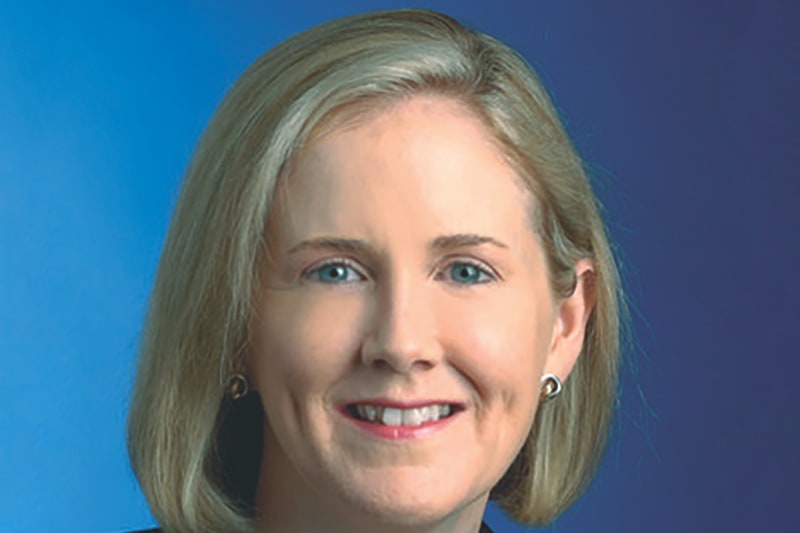

Liz Oakes, Executive Vice President (Market Development), Mastercard
Newsdesk | Insights
04 Jun 2019
New Payment Platforms, Mastercard
Application programming interfaces (APIs) have overwhelmingly become banks’ preferred mechanism to meet their PSD2 obligations, but a year on, much of the conversation is still centred on their ability to deploy them effectively. Perhaps a better question is not how financial institutions comply with new technological obligations, but rather how can they can use APIs to drive new revenue.
Financial institutions possess a tremendous amount of consumer data that is not covered by the PSD2 mandate — data that can be monetised by making it available to merchants and subscribing third-party providers via premium APIs.Under such a model, financial institutions would become ‘hubs’ of capital and consumer data, creating an open marketplace for third party propositions while shielding themselves from the downside of any failed investment.Unlocking the opportunity, and doing so early enough, will enable them to secure their position at the centre of an ecosystem that is becoming increasingly open and fragmented.
Use cases exist in credit financing, where APIs can be used to return improved and faster credit decisions by sourcing – with consumer consent – relevant data from multiple sources in real-time. Third party credit financers and a number of larger retailers offer the option to pay in instalments directly to the consumer, but by doing so open themselves up to potential fraud and credit risk.
Now, the credit finance proposition is maturing. Bringing together banking and credit data can help lenders determine a consumer’s eligibility for finance when they can’t prove their credit history, such as those who have moved to the UK or have ‘thin files’. Open Banking account information service providers (AISPs) are becoming active in this space, promoting financial inclusion for those previously overlooked. By using an accurate and transparent scoring system based on data that the consumer has consented to accessing, it provides a fairer presentation of the individual’s creditworthiness.
For business lending, premium APIs can provide access to business, director/owner information and credit scores directly into a third party provider’s application to speed up commercial credit decision-making. The ability to provide services in this way is key for banks to thrive in the digital economy.
Beyond this, opening up access to consumers’ bank data could accelerate financial inclusion and equality for unbanked, underbanked and ‘unhappily-banked’ populations: solutions that leverage data analytics can help consumers better understand their spending habits, improve their decision-making, and automate certain actions on their behalf, such as transferring money between accounts to avoid overdraft fees. Predictive analytics could be used to project a consumer’s future financial health so they can plan and prepare for retirement, for example. They could even help to identify if a consumer might start to struggle with their finances, enabling preventative measures to be taken.
All this is likely to result in a changing role for banks. While incumbents will continue to be active in high-yield sectors like mortgages, doing nothing could see them retrench to peripheral propositions within their API ecosystem. But by collaborating rather than competing with alternative service providers, financial institutions can leverage the vast amounts of data at their disposal to secure and expand their positions within the value chain while dynamically integrating offerings from other players. This presents an opportunity for them to expand into adjacent industries, such as retail, travel and health. We would expect to see a shift towards consumer experiences facilitated rather than orchestrated by finance; where banks play a deeper role in consumers’ digital lives.
While financial institutions and third party providers wrestle with the challenges and opportunities of Open Banking, they’re looking for trusted partners to support them in their journey. Following consultation with banks and non-banks across Europe, Mastercard has developed a suite of solutions, including a connectivity hub, a dispute resolution mechanism and a fraud monitoring service which provides real-time verification of third-party registration status, combined with fraud monitoring and alerts, to reduce financial institutions’ exposure to liability and fraud.
With pilot activities in the UK and Poland, the first customers of our connectivity hub are expected to go live in June.
For more information please contact OpenBanking@mastercard.com








